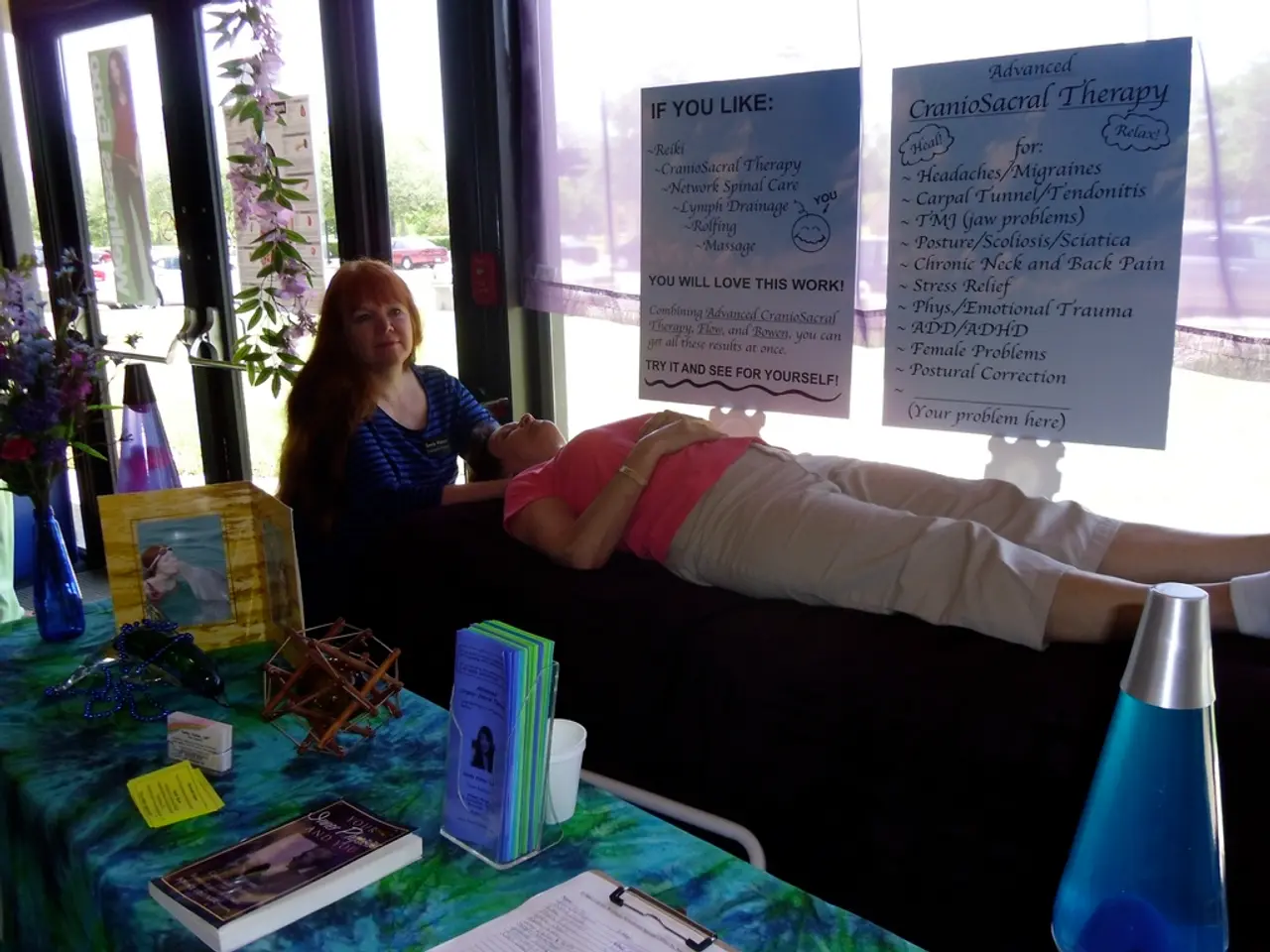Understanding Depression: A Comprehensive Overview
Depression, a complex mental health disorder, affects millions of people worldwide. According to the World Health Organization, over 264 million people experience depression globally. Recognizing the various types and causes of depression is the first step toward understanding this condition.
Depression is characterized by persistent feelings of sadness, hopelessness, and a lack of interest or pleasure in activities that were once enjoyable. Common symptoms include emotional symptoms such as persistent sadness, hopelessness, irritability, loss of interest, and negative thinking. Physical symptoms can also be present, such as fatigue, changes in sleep patterns, appetite changes, and pain.
The causes of depression are multifaceted and can vary from person to person. A combination of biological, environmental, psychological, and social factors contributes to the condition by affecting brain chemistry, emotional regulation, and overall mental health.
Biological factors play a significant role in depression. Neurotransmitter imbalance, hormonal changes, genetics, and medical conditions can all contribute to depressive symptoms. For instance, defective regulation or low activity of brain chemicals like serotonin, norepinephrine, and dopamine is strongly linked to depressive symptoms, as they regulate mood and emotional responses. Hormonal changes, such as those experienced during pregnancy or menopause, can trigger depressive symptoms by disrupting brain chemistry and emotional stability.
Environmental and lifestyle factors also play a crucial role in depression. Chronic stress and trauma, social isolation and loneliness, environmental stressors, and circadian rhythm disruption can all increase the risk of depression. For example, lack of meaningful social support or feeling disconnected can lead to depressive moods, even if people are physically around others.
Psychological and cognitive factors also contribute to depression. Negative thinking patterns and reduced physical activity can perpetuate or trigger depressive episodes.
Treatment for depression typically involves a combination of therapy, medication, and lifestyle changes. Psychotherapy, medication, lifestyle changes, and alternative therapies are common treatment options. Seeking professional help is essential for recovery from depression.
If you suspect you have depression, it's important to reach out for help, consider talking to a mental health professional, and confide in friends or family. Establishing a routine, staying connected, practicing self-care, and seeking professional help are practical tips for managing depression at home.
There are various types of depression, including Major Depressive Disorder (MDD), Persistent Depressive Disorder (Dysthymia), Bipolar Disorder, Seasonal Affective Disorder (SAD), and Postpartum Depression. Each type has unique characteristics and requires tailored treatment approaches.
In conclusion, understanding depression requires recognising its complex causes and symptoms. By acknowledging the role of biological, environmental, psychological, and social factors, we can better understand this condition and seek appropriate treatment. If you or someone you know is struggling with depression, remember that help is available, and recovery is possible.
Science has highlighted the connection between depression and imbalances in neurotransmitters like serotonin, norepinephrine, and dopamine, which are integral to mood regulation. Health-and-wellness practices could include making lifestyle changes, aiming for a balanced diet, regular exercise, and mindfulness activities, all of which can help manage depressive symptoms. Mental health professionals may also recommend medication to regulate these neurotransmitters, underscoring the importance of seeking professional help in managing depression.




